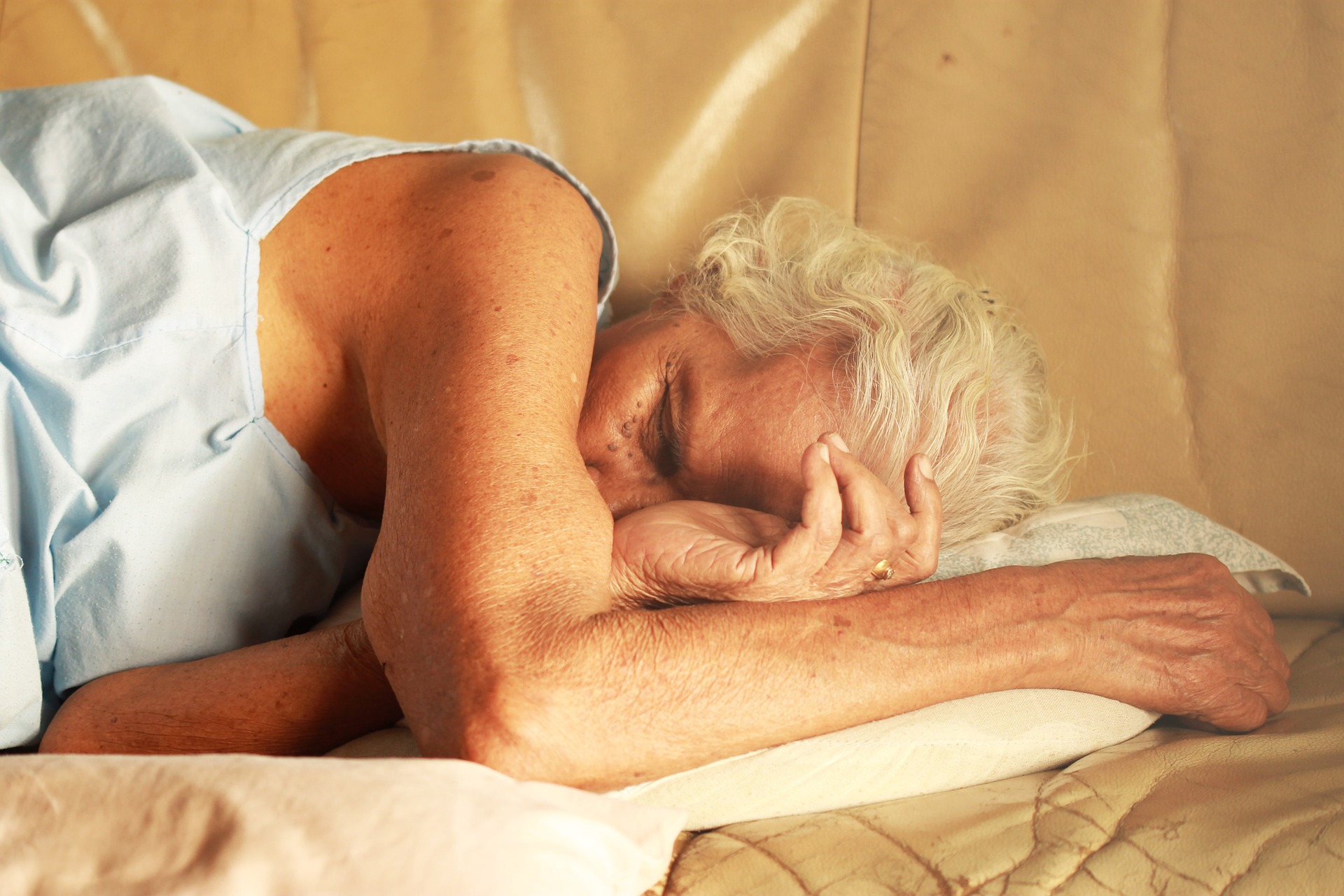Insomnia is defined as difficulty falling or staying asleep. Persistent insomnia disorder is a serious sleep condition affecting an individual three or more nights per week over the course of a month. As we age, insomnia has a tendency to grow worse or more frequent, affecting our health, mood and energy levels.
People who suffer insomnia typically feel overtired and distressed, and also can experience a serious lack of focus and concentration. Insomnia has been known to aggravate depression, anxiety, memory issues, high blood pressure and heart disease. Therefore, the effects of insomnia are much more far-reaching than just feeling drained. This blog will investigate how insomnia in seniors begins and what treatments are available.
Causes of Age-Related Insomnia
The aging process often results in circadian rhythms being altered. This means they get tired earlier in the day, wake up too early in the morning, and cannot reach deep sleep. Seniors who begin experiencing insomnia may simply have difficulty adjusting to the circadian change, while others have coexisting conditions which make the insomnia worse. Sleep apnea, defined as difficulty breathing during sleep, and restless leg syndrome are sleep disorders that can result in insomnia. Seniors may also have sleeping challenges due to cardiovascular, respiratory, and gastrointestinal issues.
The side effects from prescription medication pose a challenging dilemma, as the medicines are needed to treat another condition. If an individual is experiencing sleep disruptions from medication, they should speak with their doctor to find alternative medications if possible.
Day to day habits can have a significant effect on sleeping patterns. Taking naps, too much caffeine, smoking and screen time on computers and phones can keep people awake when they should be sleeping. You should never associate your bedroom with any of those activities. Limiting participation in these habits can be a powerful way to learn to fall asleep and stay asleep more easily.
Treatments to Consider
Medications are generally considered a last resort for treating sleep disorders; the most common treatment involves cognitive-behavioral therapy which encourage patients to prevent negative thought patterns, to relax, and learn behaviors which encourage sleep. Cognitive-behavioral therapy can also teach a pre-sleep routine to coax the brain into wanting to sleep.
Did You Know: 7 to 9 hours is considered a healthy amount of sleep for early adults.
Meditation has also been proven an effective treatment and many senior living centers offer it. The techniques target anxiety relief, naturally working to alleviate stress. Exercise and good sleeping habits are recommended techniques, however not too close to bedtime – they can then work against the cause. Patients should prepare themselves psychologically before beginning their established sleep routine, because thinking about the process too much will make the situation more challenging.
Seniors who report that their insomnia has been alleviated have put in the work to determine what is causing the problem, and tried different methods of solving the issue. Everyone’s body and rhythms are different, and so the solution may take some trial and error. But once aggravating factors have been removed, and the resident has established proper hygiene and sleep habits and routines, a good night’s sleep is absolutely possible. The benefits for physical and mental health are unmistakable, and worth the effort.
If you or a loved one are considering a move to assisted living, the staff at A Banyan Residence invites you to take a tour and explore the services we can offer. If you are looking for quality adult living options, call us today.

